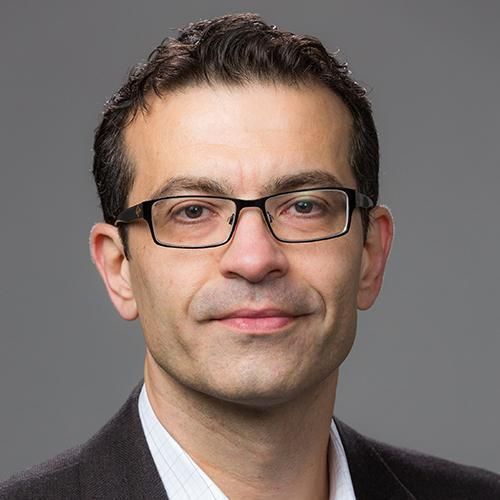Overview
Bursac's research interests include: Stem cell, tissue engineering, and gene based therapies for heart and muscle regeneration; Cardiac electrophysiology and arrhythmias; Organ-on-chip and tissue engineering technologies for disease modeling and therapeutic screening; Small and large animal models of heart and muscle injury, disease, and regeneration.
The focus of my research is on application of pluripotent stem cells, tissue engineering, and gene therapy technologies for: 1) basic studies of striated muscle biology and disease in vitro and 2) regenerative therapies in small and large animal models in vivo. For in vitro studies, micropatterning of extracellular matrix proteins or protein hydrogels and 3D cell culture are used to engineer rodent and human striated muscle tissues that replicate the structure-function relationships present in healthy and diseased muscles. We use these models to separate and systematically study the roles of structural and genetic factors that contribute cardiac and skeletal muscle function and disease at multiple organizational levels, from single cells to tissues. Combining cardiac and skeletal muscle cells with primary or iPSC-derived non-muscle cells (endothelial cells, smooth muscle cells, immune system cells, neurons) allows us to generate more realistic models of healthy and diseased human tissues and utilize them to mechanistically study molecular and cellular processes of tissue injury, vascularization, innervation, electromechanical integration, fibrosis, and functional repair. Currently, in vitro models of Duchenne Muscular Dystrophy, Pompe disease, dyspherlinopathies, and various cardiomyopathies are studied in the lab. For in vivo studies, we employ rodent models of volumetric skeletal muscle loss, cardiotoxin and BaCl2 injury as well as myocardial infarction and transverse aortic constriction to study how cell, tissue engineering, and gene (viral) therapies can lead to safe and efficient tissue repair and regeneration. In large animal (porcine) models of myocardial injury and arrhythmias, we are exploring how human iPSC derived heart tissue patches and application of engineered ion channels can improve cardiac function and prevent heart failure or sudden cardiac death.


